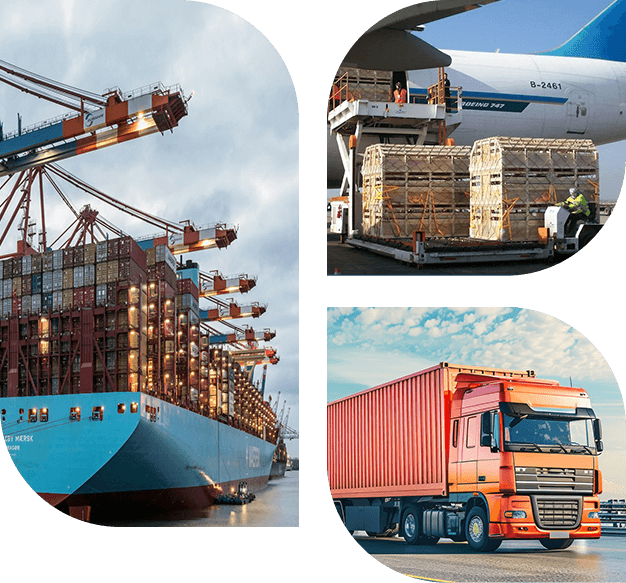Unlocking the Depths: Unveiling the Multifaceted Purpose of Sea Transportation
Sea transportation, a vital component of the global logistics network, plays a pivotal role in connecting nations, facilitating trade, and fostering economic growth. In this blog post, we will delve into the multifaceted purpose of sea transportation, exploring its economic, environmental, and strategic significance. From the movement of goods and resources to the promotion of international relations, sea transportation serves as a lifeline for global connectivity.
- Facilitating Global Trade:
Sea transportation serves as the backbone of international trade, enabling the movement of goods on a massive scale. With approximately 90% of global trade being carried by sea, it provides a cost-effective and efficient means of transporting large volumes of goods across vast distances. The purpose of sea transportation in this context is to connect producers and consumers worldwide, ensuring the availability of a wide range of products and fostering economic growth. - Supporting Resource Extraction:
Sea transportation plays a crucial role in supporting resource extraction industries such as oil and gas, mining, and fishing. Offshore oil rigs, for instance, heavily rely on maritime logistics to transport personnel, equipment, and supplies. Similarly, mining companies transport minerals and ores via sea routes, optimizing efficiency and reducing costs. The purpose of sea transportation in this domain is to facilitate the extraction and distribution of valuable resources, driving economic development. - Promoting Sustainable Development:
While sea transportation contributes to economic growth, it also faces the challenge of minimizing its environmental impact. The purpose of sea transportation in the context of sustainability is to adopt eco-friendly practices, such as using low-sulfur fuels, optimizing shipping routes to reduce emissions, and investing in cleaner technologies. By promoting sustainable practices, sea transportation can help mitigate climate change, protect marine ecosystems, and ensure the long-term viability of the industry. - Enhancing National Security:
Sea transportation plays a critical role in national security and defense strategies. Navies and coast guards rely on maritime routes to patrol territorial waters, protect borders, and safeguard national interests. Additionally, the ability to project military power across the seas is a key aspect of a nation's defense capabilities. The purpose of sea transportation in this context is to ensure the security and sovereignty of nations, contributing to global stability. - Fostering Cultural Exchange and Diplomacy:
Sea transportation has historically been a catalyst for cultural exchange and diplomacy. Ports and harbors serve as gateways for people from different nations to interact, fostering cultural understanding and promoting international relations. Cruise ships, for example, facilitate tourism and enable individuals to experience diverse cultures. The purpose of sea transportation in this realm is to bridge gaps, foster dialogue, and promote peaceful coexistence among nations.
Conclusion:
Sea transportation serves a multitude of purposes, extending far beyond the mere movement of goods. From driving economic growth and supporting resource extraction to promoting sustainability, national security, and cultural exchange, its significance cannot be overstated. By recognizing and harnessing the diverse purposes of sea transportation, we can ensure its continued relevance and contribution to a connected and prosperous world.



